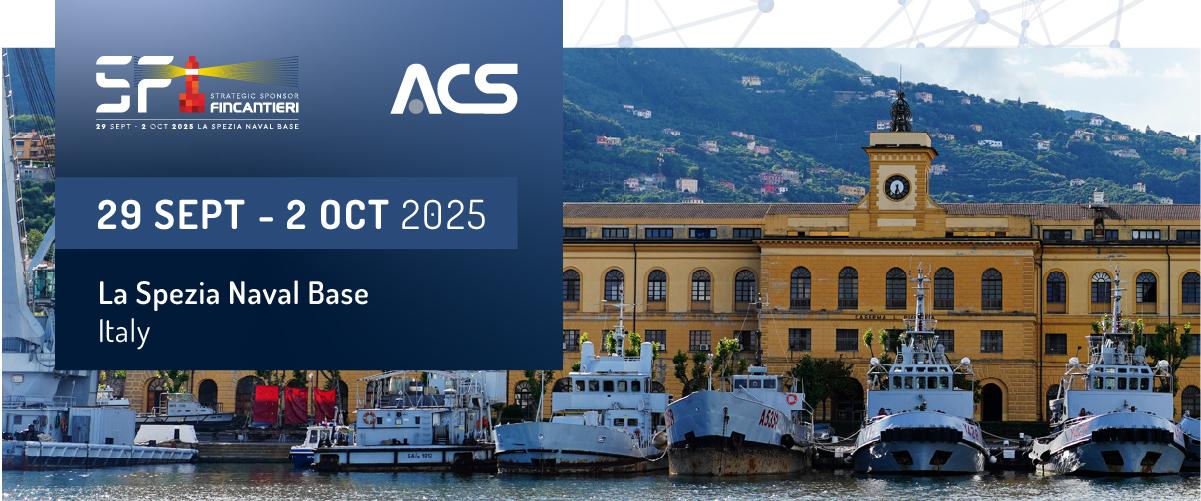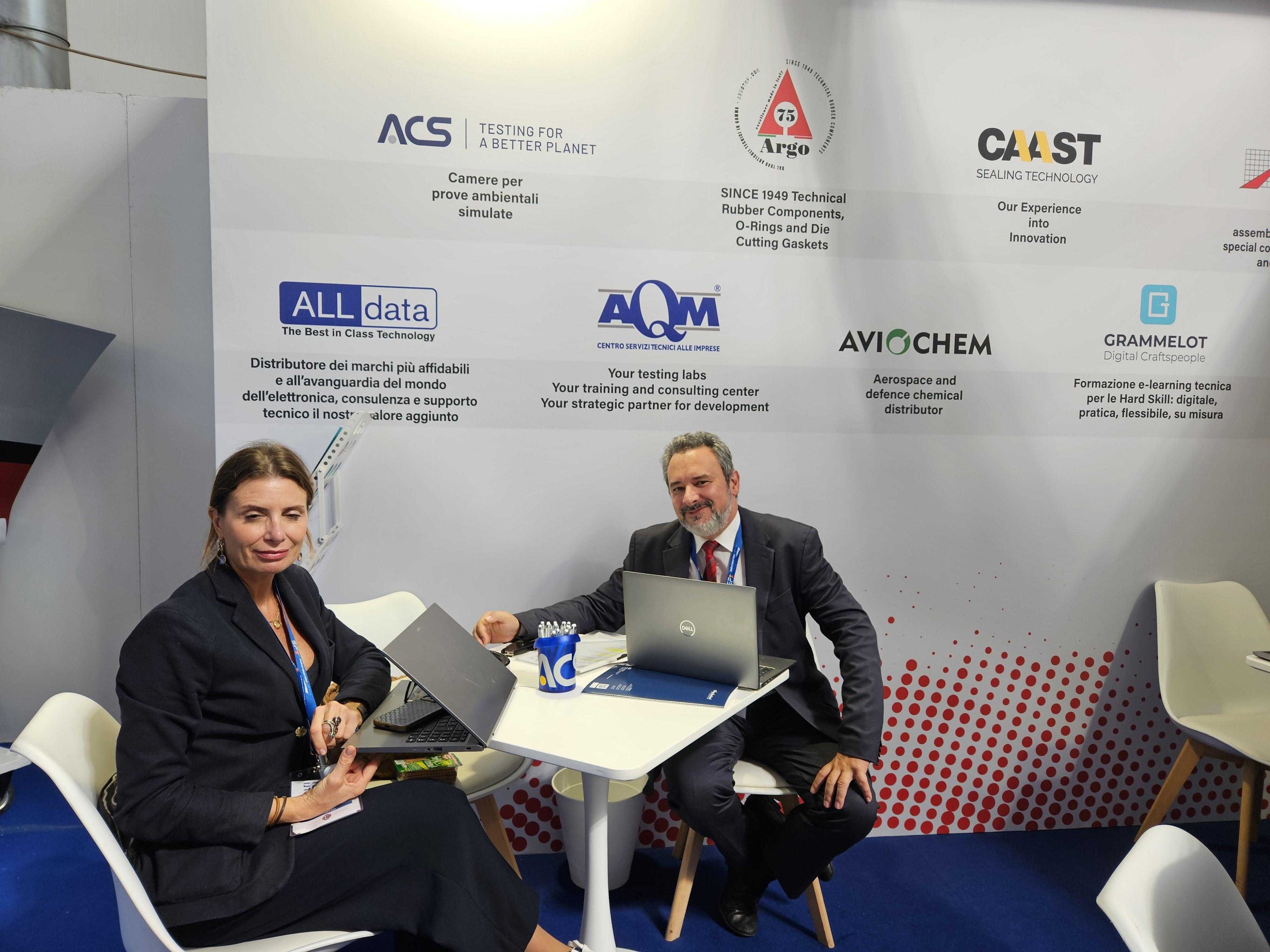
Angelantoni Test Technologies will showcase its wide range of environmental test chambers for Research & Development (R&D) and for Safety/Reliability
From September 29 to October 2, 2025, Angelantoni Test Technologies will participate with the Aerospace Lombardia cluster at the SEAFUTURE event, held at La Spezia Naval Base in Italy.
SEAFUTURE, now in its 9th edition, is an international exhibition presenting innovative technologies in the maritime, defense, and dual-use sectors.
Among the many topics explored at SEAFUTURE 2025, we highlight Navigation and Communication Systems, Research & Development, and Safety, within which ACS can provide strategic equipment that allows testing the reliability and durability of any component, thanks to the wide range of environmental test chambers available in our portfolio.
- Chambers for testing electronic devices used in sea rescue operations (products such as EPIRB emergency beacons or ELT radio devices, approved by EASA, which must meet strict construction and functional specifications under specific environmental conditions: low and high temperature, humidity, vibration, shock, resistance to mold, flame resistance, impact and pressure resistance, decompression, and more).
- Chambers for testing Lithium cells and batteries to meet aeronautical safety requirements (RTCA DO-227A).
- Thermal vacuum chambers mainly used to test components and materials intended for extreme environments, simulating the temperature and pressure conditions that may occur in specific operational contexts:
- Resistance testing for high-tech components
In modern naval sectors – particularly military or dual-use – advanced electronic systems are employed (sensors, radars, communication systems, etc.). Thermal vacuum chambers are used to test:- Electronic reliability under low-pressure conditions (e.g., depressurized compartments or extreme environments)
- Resistance to thermal cycles (temperature fluctuations between day and night in Arctic or desert scenarios)
- Qualification of advanced materials
For ships operating in extreme environments, it is essential to test:- Thermal insulators
- Composite materials
- Seals and coatings able to maintain performance in critical thermal conditions and partial vacuum
- Dual use with space or aeronautical technologies
Many innovative naval projects make use of technologies originating from the aerospace sector. In these cases, Thermal Vacuum Chambers are used to validate components against military or aerospace standards, even when later installed on ships or submarines.
- Resistance testing for high-tech components
Click here to plan your visit and find all essential information on how to get there, opening hours, and ticket options.

Contact us to request information
You can contact us via the form below.